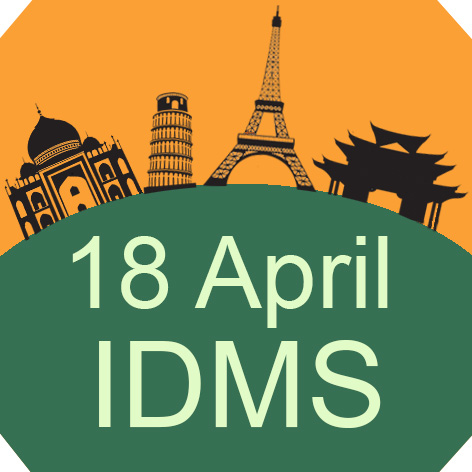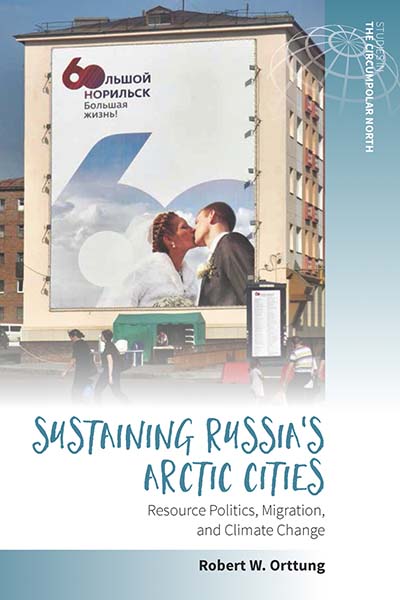 by Robert Orttung
by Robert Orttung
More than four million people live in the Arctic, but so far few scholars have addressed urban conditions there. In fact, most people living in the Arctic reside in cities. Sustaining Russia’s Arctic Cities: Resource Politics, Migration, and Climate Change is one of the first to try to examine how sustainable these cities are.
The edited volume Sustaining Russia’s Arctic Cities grew out of a multi-disciplinary and multi-national team of scholars interested in the Arctic. The idea to focus on cities came from one of the book’s contributors, Nikolay Shiklomanov, during a meeting of faculty with an interest in the Arctic at George Washington University. Participants represented both natural scientists who study permafrost and climate change, and social scientists interested in migration and energy development. Cities proved to be the meeting ground where all of our interests converged. As resource extraction continues in the Arctic, more workers are moving to the region and building more infrastructure there. However, the extraction and subsequent combustion of fossil fuels leads to warming in many parts of the Arctic, typically at a rate much faster than on other parts of the planet.
The focus of this book is on Russian cities in the Arctic because Russia has gone the farthest of the Arctic countries in developing urban space in the far north. Stalin built large cities in the region as did subsequent Soviet leaders in an effort to develop the rich resources found there.
The book addresses the question of how humans can live in the Arctic while having minimal impact on the environment. There are no easy answers, so the various chapters consider the history of Arctic development in the Soviet Union and post-Soviet Russia, policy-making processes for the Arctic in Moscow, the administration of specific Arctic cities, the nature of the workers who make their living in the Arctic, the prospects for land and sea transportation in the region, and what we know about the future climate.
This book is the first of several that we hope to publish in an on-going research project. Currently, Sustaining Russia’s Arctic Cities serves as a foundation for developing an Arctic Urban Sustainability Index. This index will examine five types of variables – economic, social, environmental, governance and planning. The Index is in its early stages and we are reporting progress over time at our project website. The most recent publications include two reports in the 2017 Arctic Yearbook. The project has the support of the National Science Foundation Partnerships for International Research and Education.
We hope that readers from a wide variety of disciplines and perspectives will find the book useful in starting to think more serious about cities in the Arctic. Ultimately, we hope that this research program will lead to useful advice for mayors and other Arctic policy makers as they try to improve lives for the citizens of Arctic cities.
Robert W. Orttung is the research director for the George Washington University Sustainability Collaborative. He is also an associate research professor at GW’s Elliott School of International Affairs. He has written and edited numerous books on Russia and energy politics.
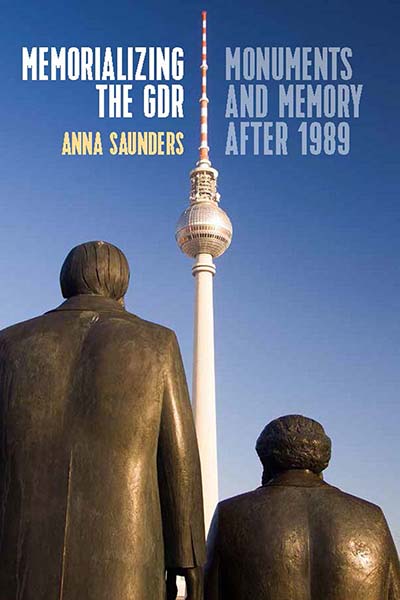 by Anna Saunders, author of Memorializing the GDR: Monuments and Memory after 1989.
by Anna Saunders, author of Memorializing the GDR: Monuments and Memory after 1989. 
 by Robert Orttung
by Robert Orttung
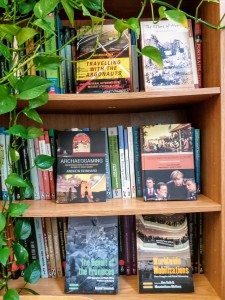
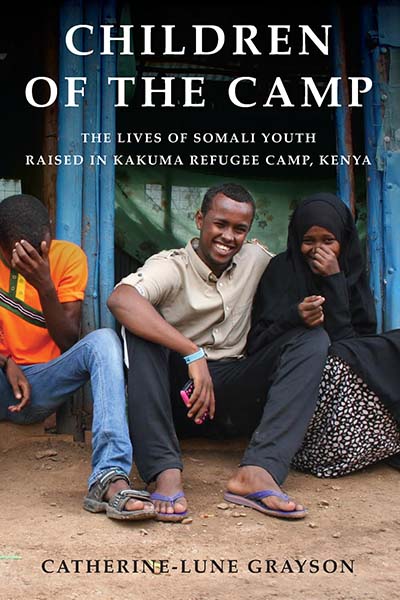

 We are delighted to inform you that we will be present at the
We are delighted to inform you that we will be present at the 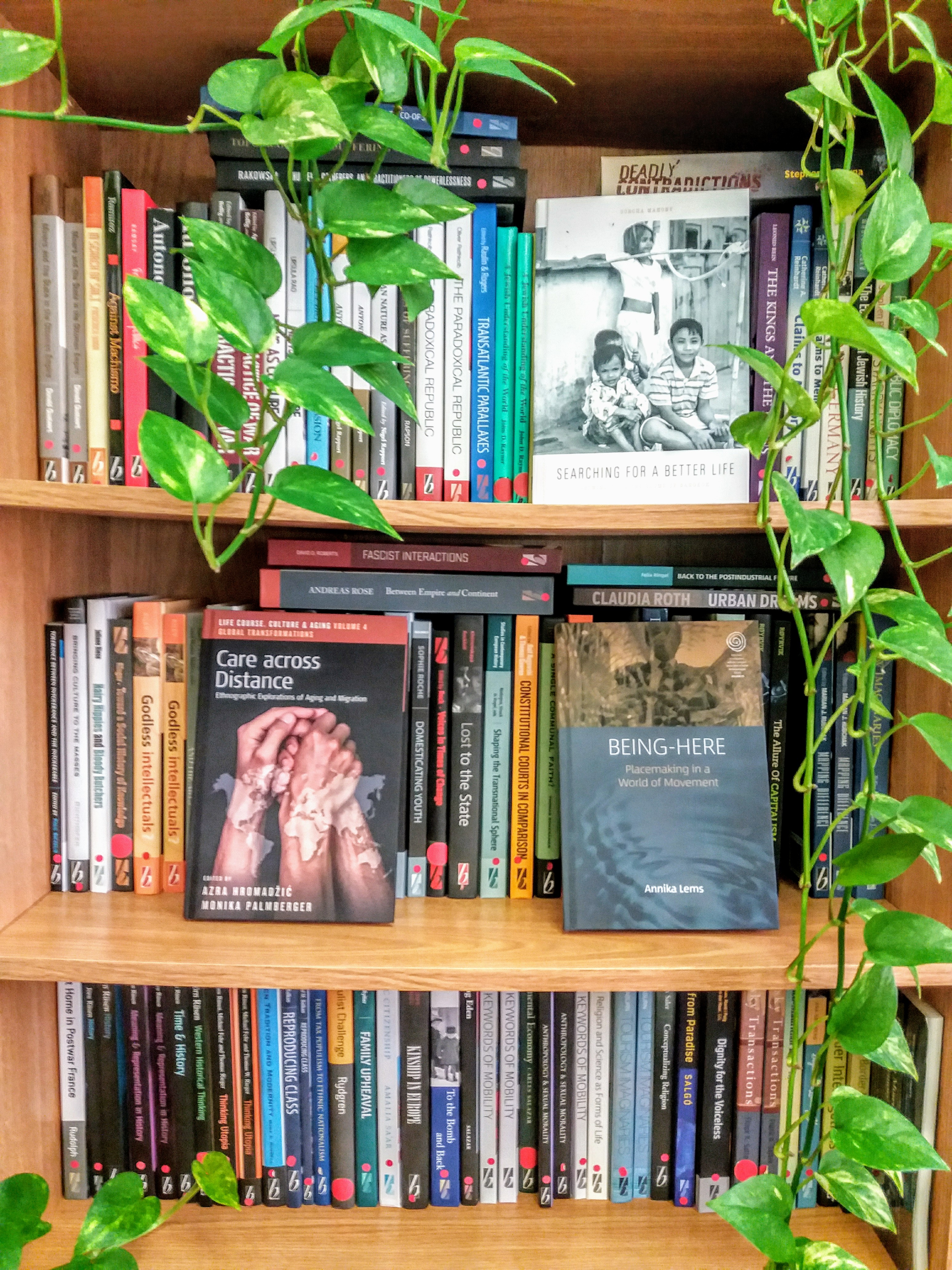
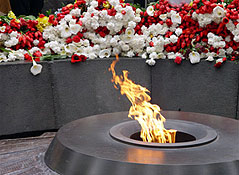 April 24 marks the 103rd anniversary of the Armenian Genocide. Armenian Genocide Remembrance Day is held annually to recognize and mourn more than 1.5 million victims of the Armenian Genocide, the most tragic element of Armenian history.
April 24 marks the 103rd anniversary of the Armenian Genocide. Armenian Genocide Remembrance Day is held annually to recognize and mourn more than 1.5 million victims of the Armenian Genocide, the most tragic element of Armenian history.